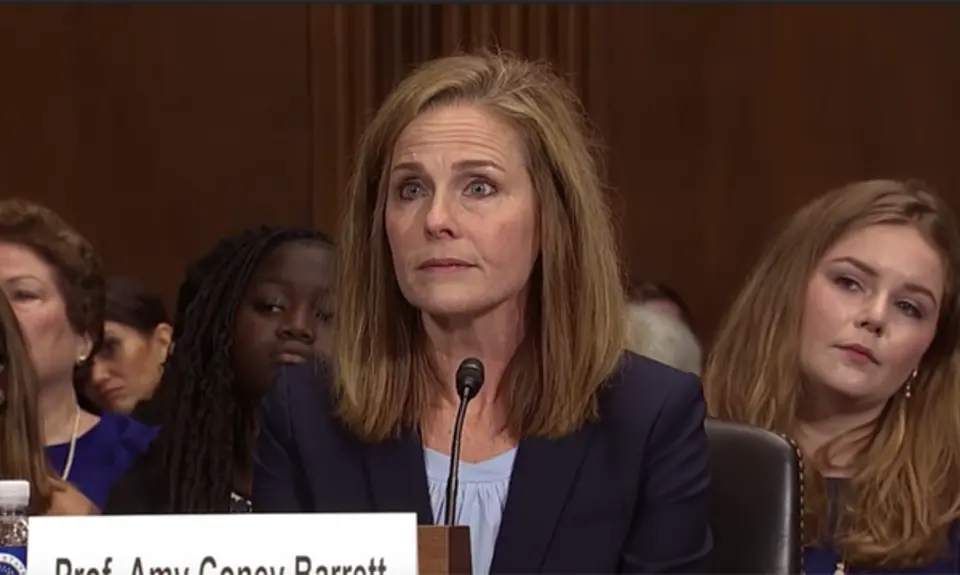“Confirmed Judges, Confirmed Fears” is a blog series documenting the harmful impact of President Trump’s judges on Americans’ rights and liberties. Cases in the series can be found by issue and by judge at this link.
Continuing a pattern begun after Justice Barrett replaced Justice Ginsburg, Trump justices Neil Gorsuch, Brett Kavanaugh, and Amy Coney Barrett cast deciding votes to vacate an order upholding state COVID-related limitations on religious gatherings, even though the state had already lifted the restrictions. The Court’s December 2020 order was in High Plains Harvest Church v Polis.
As in other states, Colorado promulgated capacity limits on indoor gatherings by religious institutions, as it had for other indoor activities. A district court rejected a challenge by a small church to these restrictions in August, the church appealed, and the Tenth Circuit turned down a stay of the order pending completion of the appeal.
The case went to the Supreme Court. Colorado told the Court that it had already lifted the capacity restrictions on religious institution’s in response to the Court’s Brooklyn decision after Barrett joined the Court, so that the church “already has the relief it seeks.” Nevertheless, the Court issued an unsigned one-paragraph 6-3 order, joined by all three Trump justices, which vacated the district court order and sent the case back for further consideration in light of its Brooklyn ruling.
Justice Elena Kagan dissented, joined by Justices Steven Breyer and Sonia Sotomayor. As she pointed out, the case is now moot since Colorado has “lifted all those limits” on capacity that the church tried to stop, and “there is no reason to think Colorado will reverse course.” As a result of the votes of Trump justices Gorsuch, Kavanaugh, and Barrett, however, the majority issued an order that was even “more solicitous of religious groups” that want to gather “without restrictions during the pandemic,” despite the public health risk.
